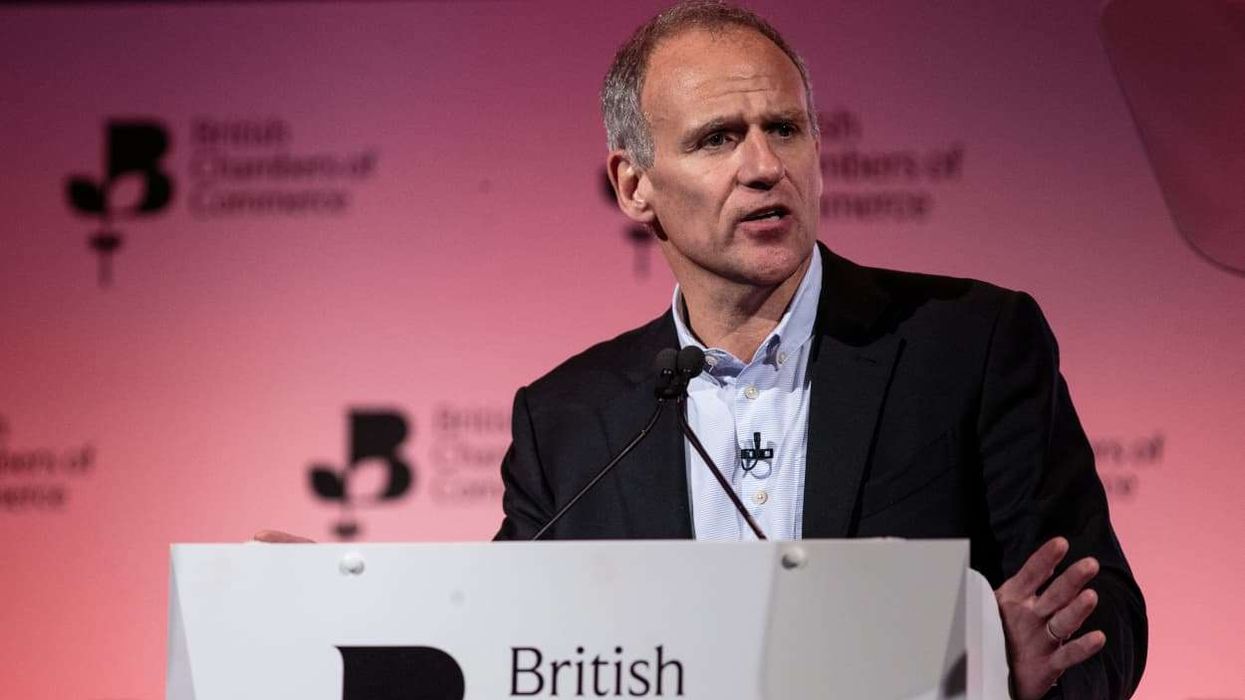Highlights
- Dave Lewis to join Diageo as CEO on 1st January 2026 after extensive global search.
- Shares jump nearly 8 per cent on news as company faces tariff pressures and high debt levels.
- Former Tesco boss known for successful turnaround and cost-cutting at Unilever.
Lewis, 60, will join the Johnnie Walker whisky and Guinness beer maker on 1st January 2026. He will be tasked with turning around the company, which is grappling with tariff hikes in the United States, its biggest market, high debt levels of £21.9 bn, and younger consumers moving away from alcoholic drinks.
Diageo shares jumped nearly 8 per cent following the announcement on Monday, though they remain near decade-lows, having lost about 27 per cent of their value this year.Experience driving turnarounds
John Manzoni, Diageo's chair, said that "We are delighted to welcome Dave as Diageo's new CEO. Having conducted an extensive and thorough global search, the Board unanimously felt that Dave has both the extensive CEO experience, and the proven leadership skills in building and marketing world-leading brands, that is right for Diageo at this time."
Lewis served as Tesco CEO from 2014 to 2020, joining shortly after an accounting scandal that knocked millions off profits. Four years later, he declared Tesco's turnaround complete, reinforcing its position as market leader through supplier relationship overhauls, price reductions and simplified product ranges.
Prior to Tesco, Lewis spent nearly three decades at Unilever, where he earned the nickname "Drastic Dave" after fixing businesses through cost-cutting and innovative marketing.
RBC Capital Markets analyst, James Edwardes Jones called Lewis' appointment a "pleasant surprise" and "a good move" for the company.
Lewis said, "Diageo is a world leading business with a portfolio of very strong brands, and I am delighted to be joining the team. The market faces some headwinds but there are also significant opportunities. I look forward to working with the team to face these challenges and realise some of the opportunities in a way which creates shareholder value."
Nik Jhangiani, who has served as interim CEO since July following Debra Crew's abrupt departure, will resume his role as finance chief next year.





